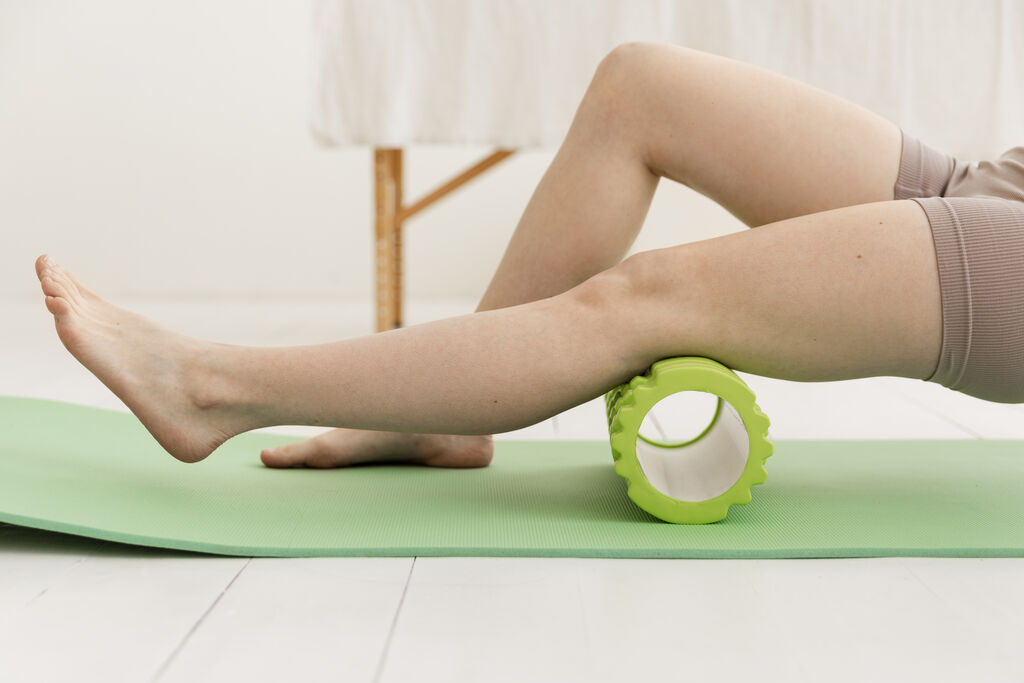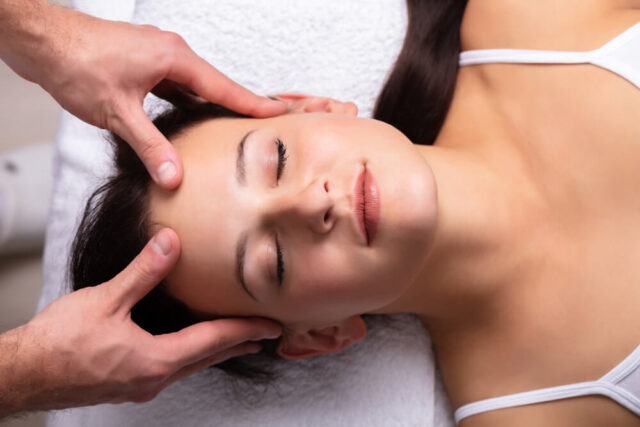Stress and anxiety—the unwelcome companions that seem to hitch a ride with us in our daily lives. The modern world is rife with triggers, from work pressures to personal dramas, and let’s face it, sometimes you need more than a stiff drink to unwind.
Enter massage therapy. But does it really help? Or is it just another fad designed to empty your wallet?
The Magic of Human Touch

There’s something inherently soothing about human touch, and if you’re curious about exploring various massage options, 마사지사이트 offers a comprehensive directory of services that might be just what you need to relax and de-stress. Babies need it, adults crave it, and when you’re stressed out, a massage can feel like a lifeline.
But let’s get to the point. The effectiveness of massage therapy in managing stress and anxiety isn’t just a placebo effect. Research shows that massage can reduce cortisol levels, the pesky hormone responsible for stress.
Science Backs It Up
If you’re skeptical, and who isn’t these days, consider the studies. Research from the Touch Research Institute (yes, that’s a real place) indicates that massage therapy can significantly reduce anxiety and improve mood. Participants in their studies reported feeling less anxious and more relaxed after just a single session. It’s not magic; it’s science.
The Many Flavors of Massage

Before you rush to book a massage, it’s worth noting that not all massages are created equal. Here are a few popular types:
- Swedish Massage: Great for relaxation and general stress relief.
- Deep Tissue Massage: Perfect for those who like a bit of pain with their pleasure.
- Aromatherapy Massage: Combines essential oils with massage to enhance relaxation.
- Hot Stone Massage: Uses heated stones to ease muscle tension.
Each type of massage offers different benefits, so choose according to your preference and pain threshold.
What To Expect
Don’t expect a miracle cure. If you walk into a massage session expecting all your problems to melt away, you’re setting yourself up for disappointment. What you can expect is a reduction in tension, both mental and physical, and a temporary escape from your daily grind. It’s like hitting the reset button, if only for a little while.
The Downside
Let’s not sugarcoat it—massage therapy can be pricey. Regular sessions can add up, and unless you’ve got deep pockets or excellent health insurance, it might not be a sustainable solution. And then there’s the awkwardness. Stripping down and letting a stranger knead your body isn’t everyone’s cup of tea.
DIY Stress Relief

If professional massages aren’t in your budget, there are alternatives. Self-massage tools, like foam rollers and massage balls, can provide some relief. Sure, it’s not the same as having a trained therapist, but it’s better than nothing. Plus, it’s a lot cheaper and you can do it in the privacy of your own home.
Final Thoughts
So, is massage effective for managing stress and anxiety? In short, yes. It’s backed by science and can offer tangible benefits. However, it’s not a one-size-fits-all solution and isn’t without its downsides. If you can afford it and don’t mind a bit of awkwardness, it’s worth giving it a try.
At the very least, it’s a great excuse to take a break and pamper yourself. And who doesn’t need a bit of that in their life?
Remember, managing stress and anxiety is a multifaceted approach. Massage can be a valuable tool in your arsenal, but it’s not the whole solution.
Combine it with other healthy practices like exercise, proper sleep, and mindfulness, and you might just keep those stress demons at bay.




